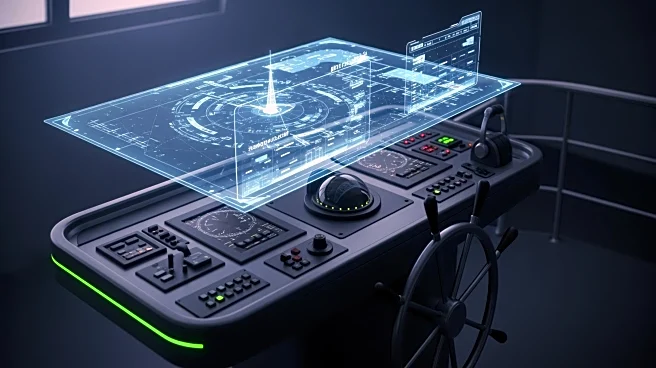What's Happening?
Maritime training is evolving to address changes in cognitive processes, emphasizing the importance of muscle memory for emergency responses while integrating reference-driven skills for complex tasks. The industry is adopting a blended model similar
to aviation, where checklists complement instinctive actions. This approach aims to enhance critical thinking and decision-making in high-pressure situations, ensuring mariners are prepared for both immediate and complex challenges.
Why It's Important?
The shift in maritime training reflects broader changes in how knowledge is acquired and applied in the digital age. By distinguishing between instinctive and reference-driven skills, training programs can better prepare mariners for real-world scenarios. This approach enhances safety and efficiency, reducing the risk of errors in critical situations. As technology continues to influence cognitive processes, industries must adapt their training methods to ensure effective skill development.
What's Next?
Maritime training programs are expected to further integrate digital tools and structured guidance, creating a comprehensive framework for skill development. This may involve the use of simulation technology and digital checklists to enhance training outcomes. As the industry continues to evolve, training methods will need to adapt to new technologies and cognitive shifts, ensuring mariners are equipped to handle future challenges.
Beyond the Headlines
The ethical implications of this training model include concerns about reliance on technology and the potential loss of traditional skills. Trainers must balance the use of digital tools with the development of instinctive responses, ensuring mariners retain essential skills. This requires a commitment to preserving the human element in training, fostering a culture of safety and responsibility.














